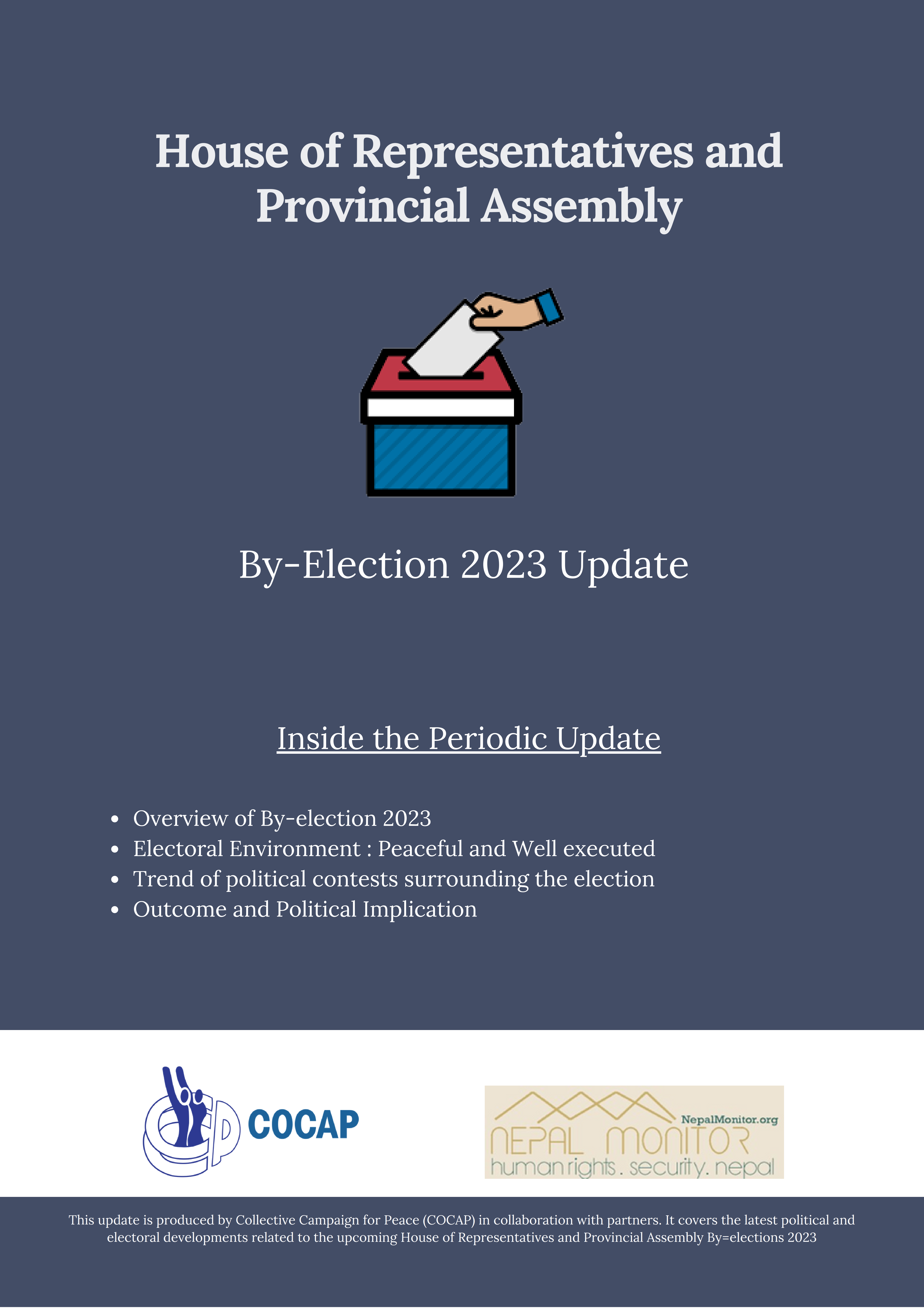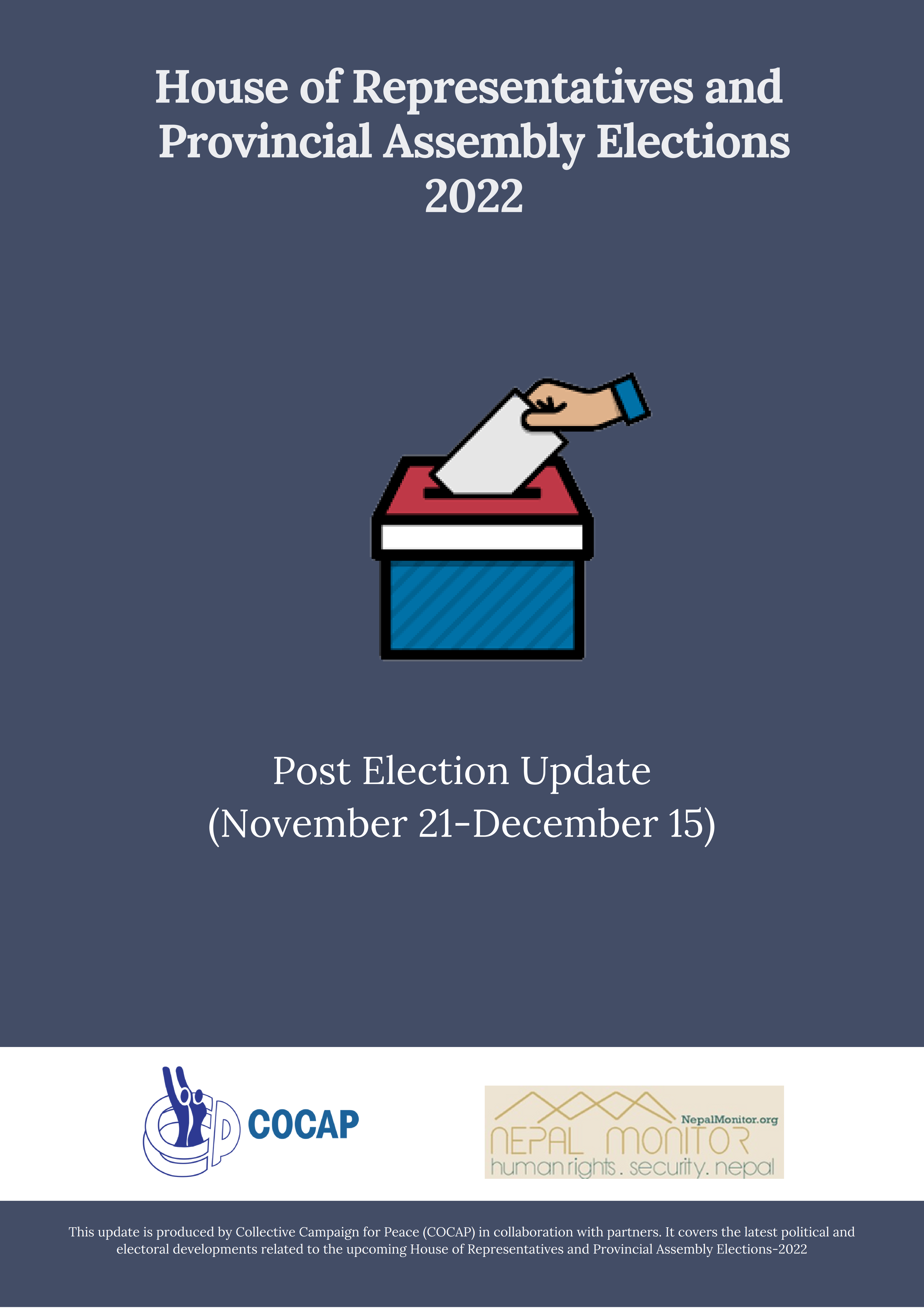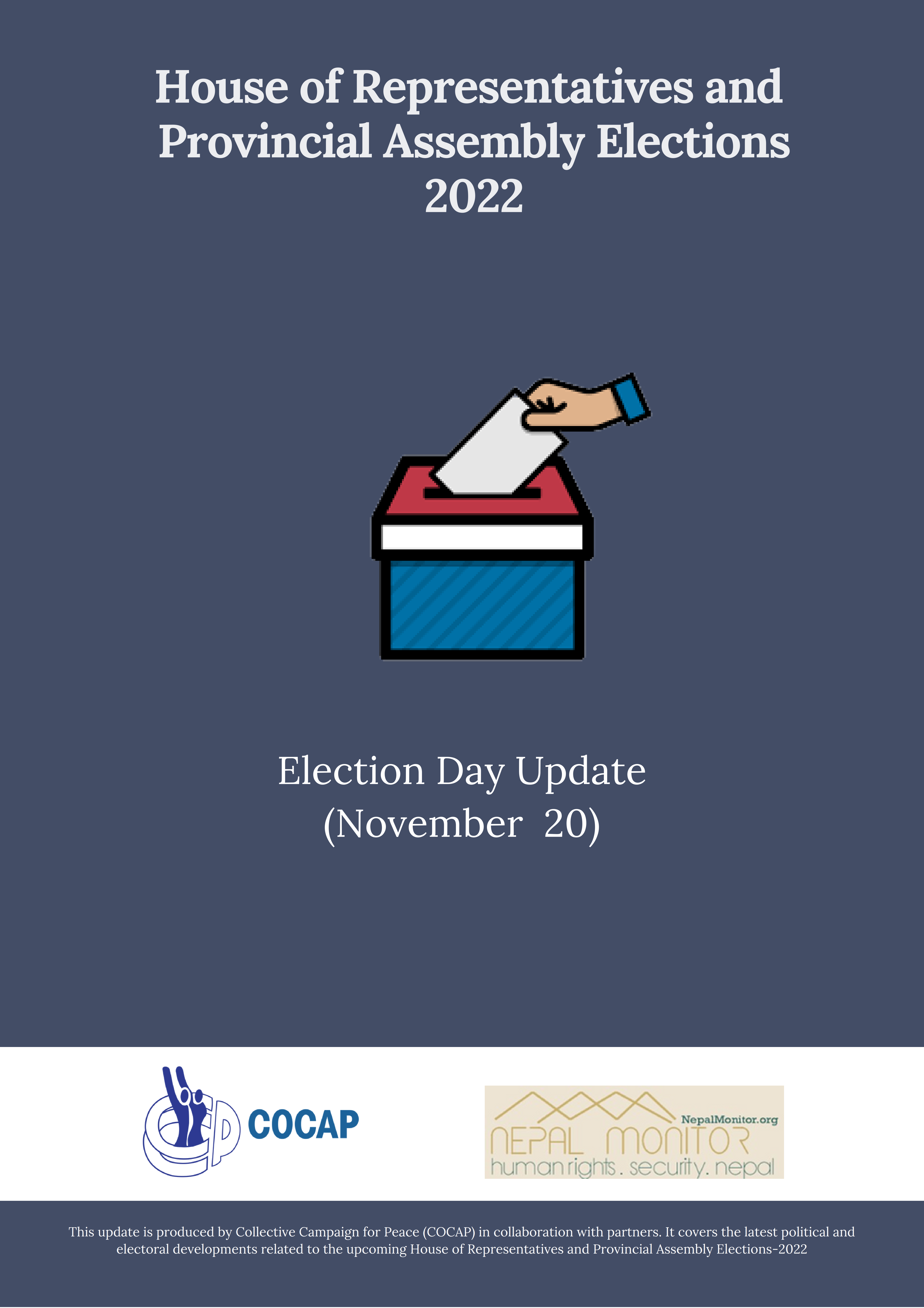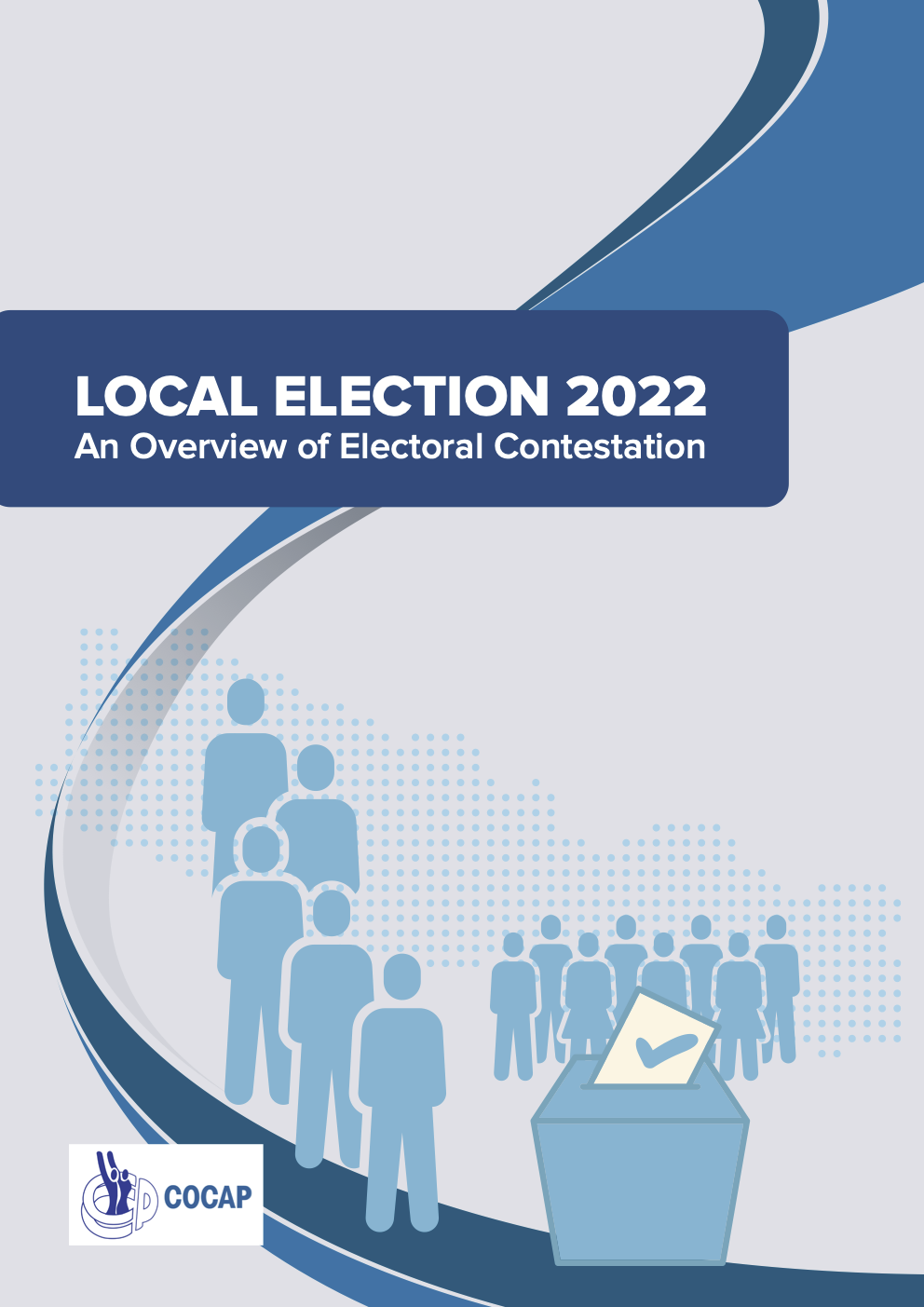Incident Reports
Student’s arrest from university library prompts questions over intent
2020-01-31
On Friday, Sudal Rai, a geology student, was quietly studying in the Tri-Chandra Campus library when three police officers, armed with guns and tear gas, entered. They closed the door behind them and when it reopened, Rai and two others had been blindfolded and were summarily taken into custody, according to at least two eyewitnesses who spoke to the Post on condition of anonymity as they feared retribution from the police.
According to Deputy Superintendent Hobindra Bogati, spokesperson at the Kathmandu Metropolitan Police Range, Rai was taken into custody after the police received information that he was involved in “suspicious activities”.
“We had information that he was involved with the Biplab Maoists,” Bogati told the Post. “While searching him, we found a book that only increased our suspicions and we arrested him to investigate further.”
Multiple efforts to reach Rai by telephone were unsuccessful.
Questions have been raised on social media about the legality of Rai’s arrest and whether it is lawful to enter a college without permission in order to take a student into custody. In some countries, there are legal measures preventing police from entering university premises without prior permission. In other countries, while not explicitly prohibited, colleges and universities are considered hallowed spaces of learning that police refrain from entering on ethical grounds.
Bogati, however, said that Rai had not been arrested from inside the campus premises but while he was exiting the campus. At least two eyewitnesses contradicted Bogati’s claim.
“In such kinds of arrests, we coordinate with the campus authorities before entering the premises,” Senior Superintendent Uttam Raj Subedi, chief of the Kathmandu Metropolitan Police Range, told the Post.
But according to Tri-Chandra Campus chief Pradeep Bahadur Neupane, he was not informed that the police were entering the college to arrest a student.
“I was later informed by students that a student had been arrested,” said Neupane. “When I contacted them [the police] myself, they told me that it was related to security. They did not clarify further.”
Police definitely need to coordinate with campus administration to enter and arrest students unless it is something very serious or a threat to someone’s life, according to advocate Om Prakash Aryal.
“If the arrest was made on campus premises, the police should have taken more precaution as campuses and universities are very sensitive places,” said Aryal.
Many on social media also pointed out the absurdity of taking a student into custody over reading material. The book that the police found in Rai’s possession was Indian student-turned-politician Kanhaiya Kumar’s From Bihar to Tihar. Kumar rose to prominence in 2016 as the leader of the Jawaharlal Nehru University Student Union. He is currently a member of the executive council of the Communist Party of India.
The police also found Chinese currency, which they said Rai and his friends were using as “code”, according to a friend of Rai’s who visited him in custody at the Durbar Marg Police Station. It is unclear how Chinese renminbi was being used as code.
After 24 hours in police custody, Rai and the two others, whose identities the Post was unable to ascertain, were released on Saturday.
“We later found out that he was just a student and was not involved with any group,” said Bogati. “We handed him over to his relatives.”
According to Rai’s friend, who did not wish to be identified, Rai was scared as the police had told him that he would be placed in custody for 25 days while they investigated his ties to the Biplab Maoists. They also told him that the book in Rai’s possession was only read by terrorists, said the friend.
Netra Bikram Chand’s Communist Party of Nepal, known colloquially as the Biplab Maoists after Chand’s nom-de-guerre, was branded a criminal outfit by the government in March last year after two bomb blasts in the Capital killed one person and injured two others. On January 15, the party took responsibility for another blast in the Capital. There were no casualties.
The KP Sharma Oli administration has refrained from branding Chand’s party a terrorist outfit, only deeming them criminal.
According to his friends, Rai was involved with the Biplab Maoists a few years ago but has since abandoned them and for the past two years, has been pursuing a Bachelors of Science in Geology at Tri-Chandra Campus in Ratna Park.
Though his friends say that Rai is no longer a member of any political party, they said that he has been involved in several recent protests, which could’ve earned him the attention of the police.
“Rai and his friends had recently organised protests against the Millenium Challenge Corporation’s Nepa Compact and in support of the agitating sugarcane farmers although he wasn’t involved in any political student union,” said Sangharsha Dahal, a political science student at Tribhuvan University. “It could’ve been due to the recent activities that he got arrested.”
Details and Impacts
| Violent / Non-violent | Nonviolent |
| Primary Form | Arrest (politically significant) |
| Secondary Form | Detention of Protesters |
| Primary Cause | Other political issues |
| Secondary Cause | Freedom of Assembly |
| Actor 1 - Number of people | 3 |
| Actor 1 - Affiliations | Police |
| Actor 1 - Youth | unknown |
| Actor 2 - Number of people | 3 |
| Actor 2 - Affiliation (Target) | Students |
| Actor 2 - Youth | unknown |







